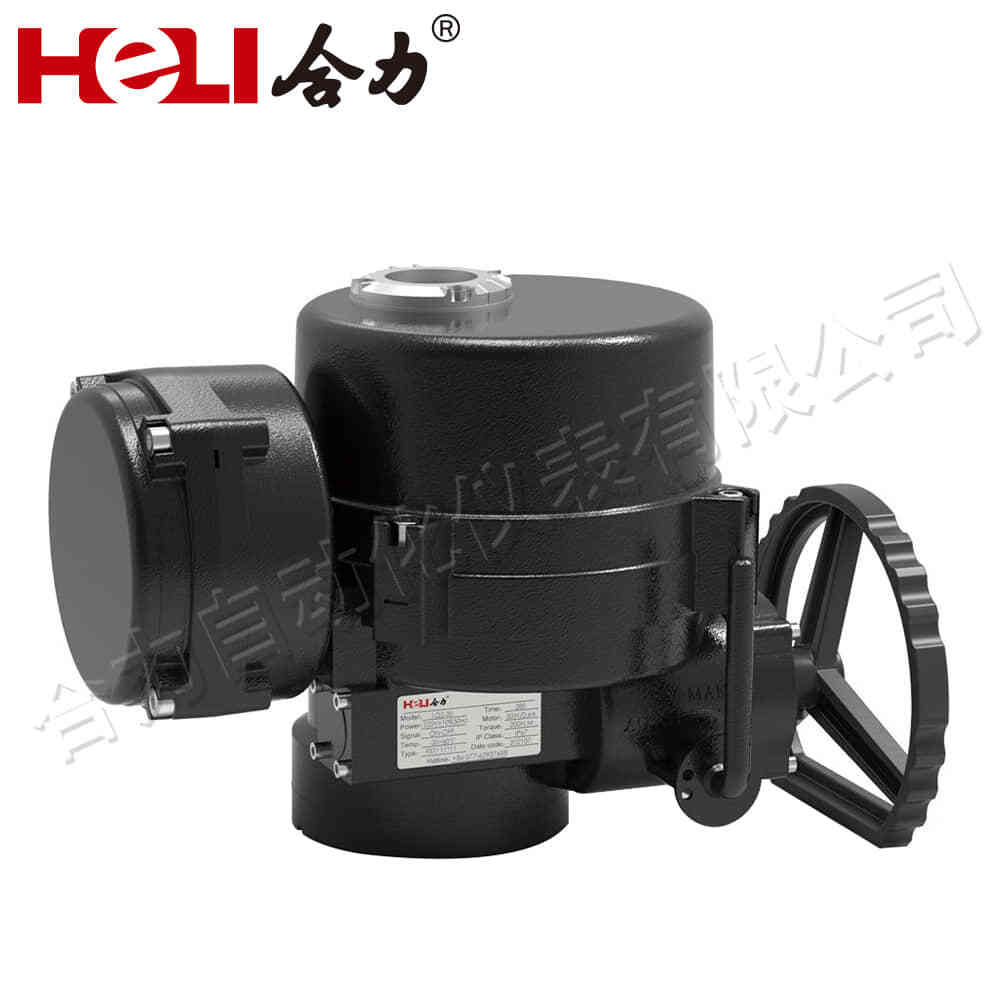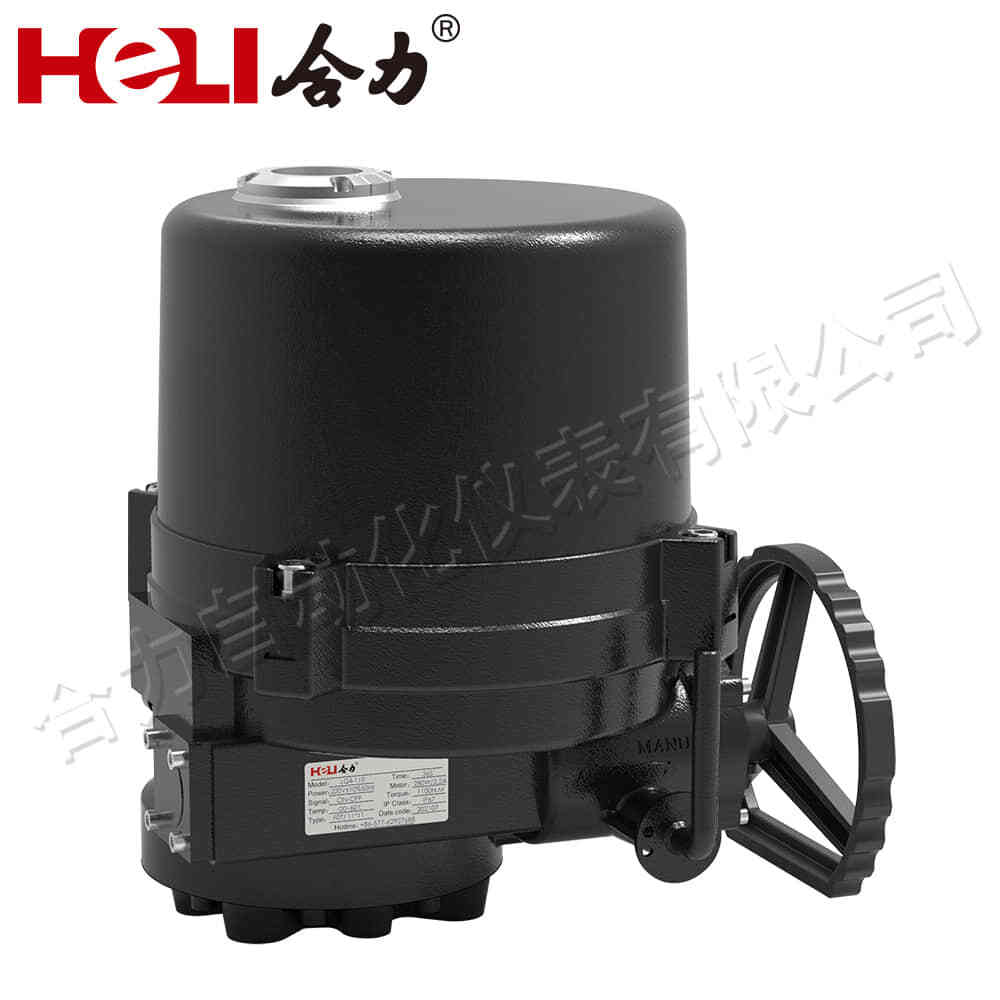
The Intelligent Control Wireless Electric Actuator (ICWEA) represents a significant leap forward in automation technology, combining the precision of electric actuation with the flexibility of wireless control and the adaptability of intelligent systems. Unlike traditional actuators, which rely on hydraulic or pneumatic systems, ICWEAs utilize electric motors to convert electrical energy into mechanical motion, ensuring high accuracy, energy efficiency, and simplified maintenance. Their integration of wireless communication and intelligent control opens new possibilities for industries ranging from manufacturing to smart infrastructure.

One of the most notable features of an ICWEA is its wireless connectivity. Traditional actuators require complex wiring networks for control signals, which can be costly and limit the flexibility of installation. Wireless actuators, on the other hand, employ communication protocols such as Wi-Fi, Bluetooth, Zigbee, or LoRaWAN, enabling remote monitoring and control. This feature not only reduces installation costs but also allows for real-time adjustments and coordination within larger automation systems, making the entire operation more agile and responsive.
Equally important is the intelligent control aspect. Modern ICWEAs are embedded with microcontrollers, sensors, and algorithms that provide real-time feedback on performance. For example, position sensors can ensure precise movement and alignment, while adaptive control algorithms adjust parameters to optimize efficiency and reduce wear. Additionally, many actuators incorporate diagnostic capabilities, alerting operators to potential issues before they escalate. This predictive maintenance approach significantly extends the actuator's operational life and minimizes downtime, which is particularly valuable in industrial environments where consistent performance is critical.
